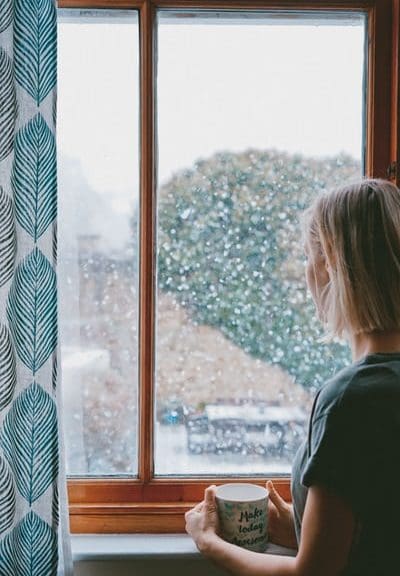At Advance, however, we know all too well about the other pandemic affecting women and their children, which did not result in lockdown restrictions, but was exacerbated by them. Some have called domestic abuse the invisible pandemic, but it is by no means invisible: far too many women and children see it every day.
Since the start of the pandemic, Advance has seen a 40% increase in calls and referrals to our domestic abuse helpline and services. While crime in London fell overall, police recorded 206,492 domestic abuse-related crimes alone between March and June 2020, a 9% increase in London compared with the same period in 2019 (ONS, 2020). The Centre for Women’s Justice noted the number of domestic abuse-related deaths trebled within the first month of lockdown, compared with the same period in 2019 and Counting Dead Women have documented at least 25 UK women have been killed by men (or where a man is the principal suspect).
Women and children were even more isolated and faced additional barriers to support. Those experiencing abuse were locked down at home, often with their abuser, and many survivors noted that the lockdown restrictions triggered memories of past abuse and trauma. Women increased the number of hours devoted to care more than men did, putting an additional burden on working mothers (House of Commons Women and Equalities Committee, 2021). According to the IFS, it is estimated that women were a third more likely to be employed in sectors that were shut down over the first national lockdown, and therefore particularly at risk of job loss (IFS, 2020). Women and their families lacked essentials such as food, clothing, hygiene items and medication. Many had no phones nor access to wi-fi to contact Advance or other services for help (A strange empty place, Advance). Those who did were not always in a safe position to call. Poverty and digital inequality made difficult and unsafe situations even more so. Women have disproportionately borne the brunt of lockdown and, as a result, have experienced detrimental effects on their mental health and wellbeing.
What has been most concerning to Advance, and sadly not surprising, is the severe, adverse impact on women’s mental health as a result of the increased complexities they face. Women have told us they are afraid for their safety and that of their children; they have suffered the loss of their employment, finances and housing; they have gone without essentials such as food, clothing and health services. It is therefore not surprising that they tell us of a significant increase in feelings of anxiety and depression, suicidal feelings and self-harm. Sadly there has been a tenfold increase of women deaths by suicide and overdoses. They are the silent victims of the covid-19 pandemic and they are being ignored.
Like many throughout England, Advance cautiously welcomes and celebrates the lockdown easing announcements. As a country, we have endured, we have learnt, and we have adapted. While we’ve seen a shocking increase, the trauma many women experienced during this past year is not restricted to these times. In the year to March 2020, an estimated 1.6 million women faced domestic abuse and violence in England and Wales.
We cannot let society think the problem will go away when lockdown lifts. There is no vaccine against violence. Women will need our help more than ever in the ‘new normal’.
Trauma requires healing. It is a journey that takes time. Women who have been traumatised during the pandemic cannot be ignored. Not by employers, by policy makers, or friends and family. What plans are in place to address this imbalance? How are services, or is society, going to tackle the resulting mental health crisis, the employment crisis, faced by women? Are we really content to set gender equality back a generation? Policy and practice must be informed and invested in so that community support is available to everyone on who needs it, so we can save and change the lives of those with the highest needs in our society.
As part of this effort, Advance hosted a webinar on Thursday 11th March, to explain the effectiveness of our Angelou partnership service that supports domestic abuse survivors with a coordinated community response. Angelou partners consist of a range of specialist organisations that work to address all barriers a woman may face on her journey to safety and stability.
Find out more about the Whole VAWG Services Approach


